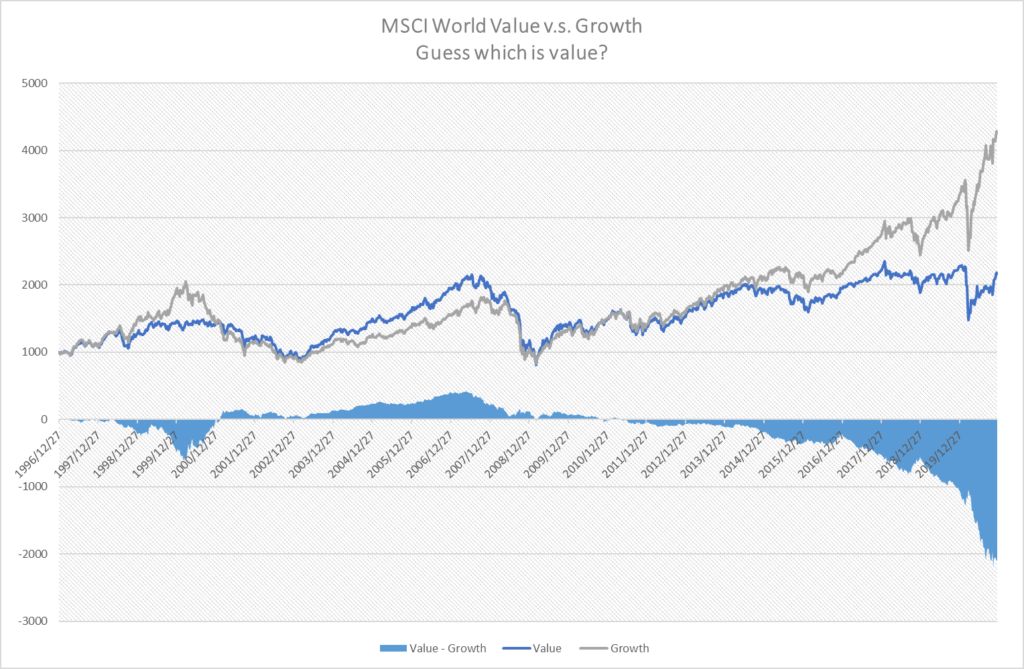
Technical analysis
When I started my career at Daiwa Securities America’s US equity department in 1996, my first client was a portfolio manager of a mid-sized Japanese insurance company. He was a believer in technical analysis. My sales calls with him were quite odd along the following line:
Me: Good morning, Mr. Sato (not true name, of course), I think regional banks like Bank of Boston (Ticker: BKB) are attractive investments because deregulation will drive consolidation. BKB may be acquired at a large premium.
Mr. Sato: That sounds interesting. Let me see the chart of BKB. Hmm…. I think the A wave is over and the B wave just started. Don’t you think, Yasu-san?
Me: (I have no idea what these waves mean) Yes, yes, I think so, too. Definitely B. So, that means we should….
Mr. Sato: BUY. Definitely buy. Buy me 5,000 shares of BKB at market, Yasu-san.
Me: Yes, sir. Buy 5,000 shares of BKB at market. Let me call you right back.
Read More >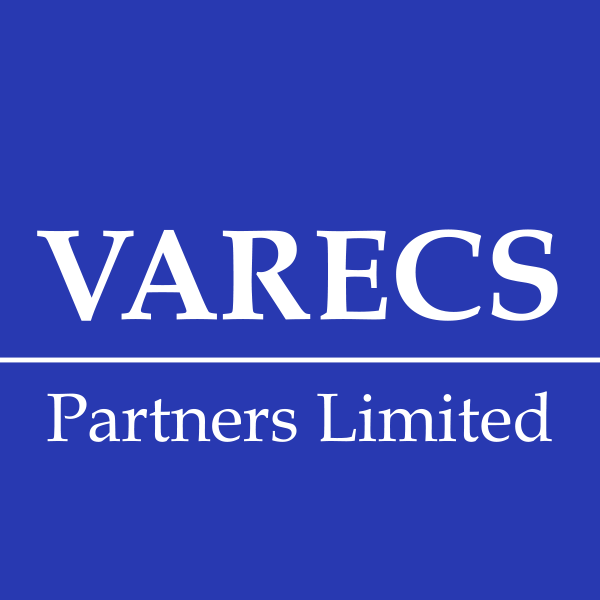


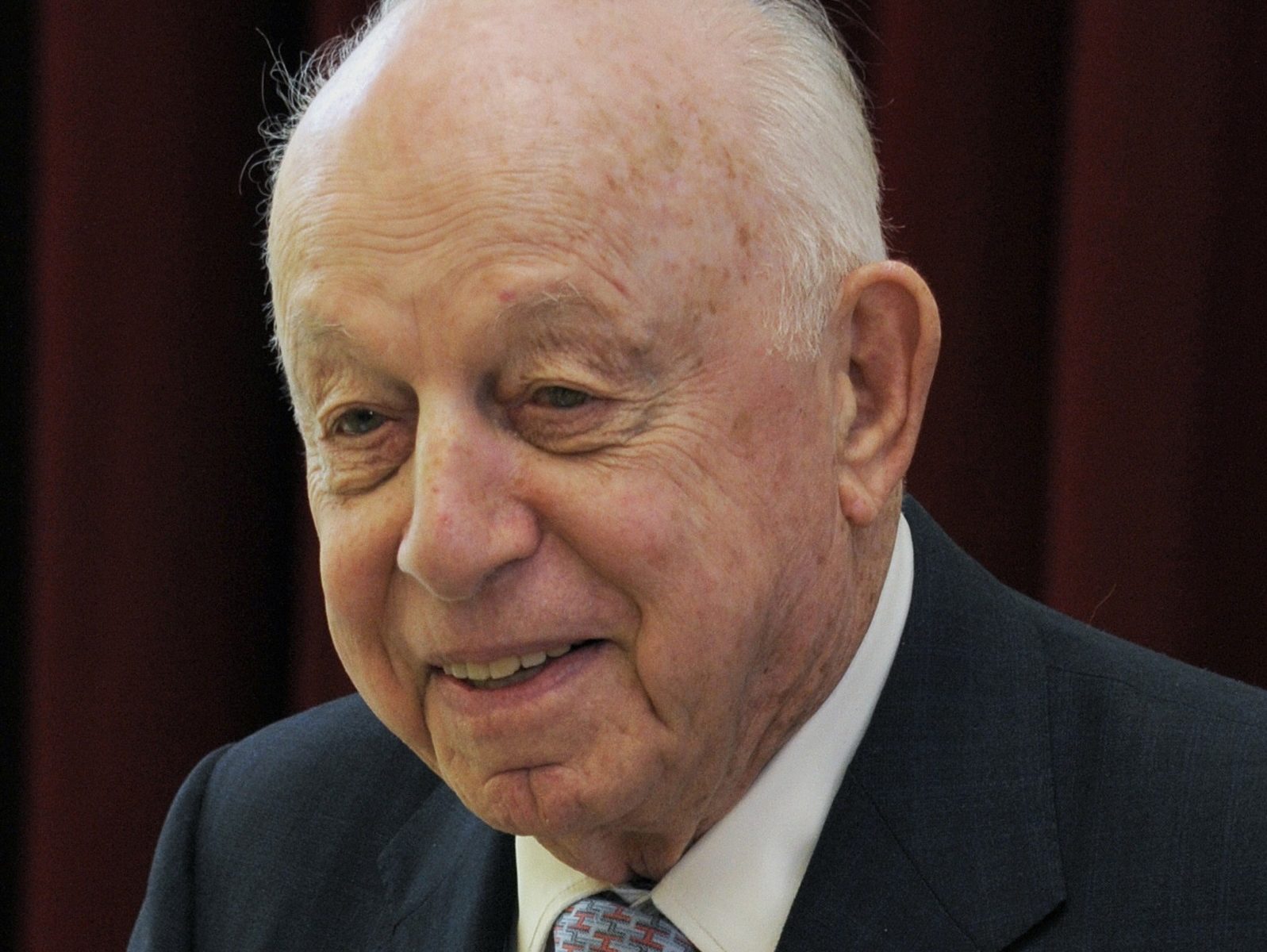
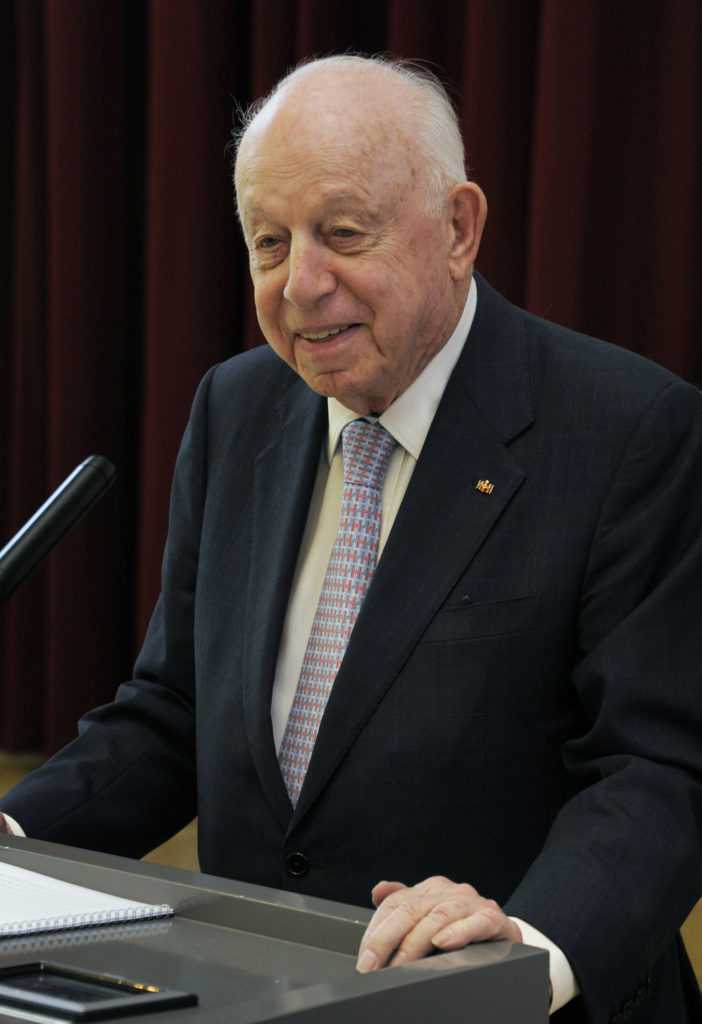

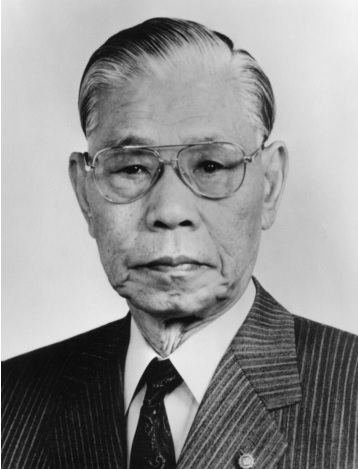
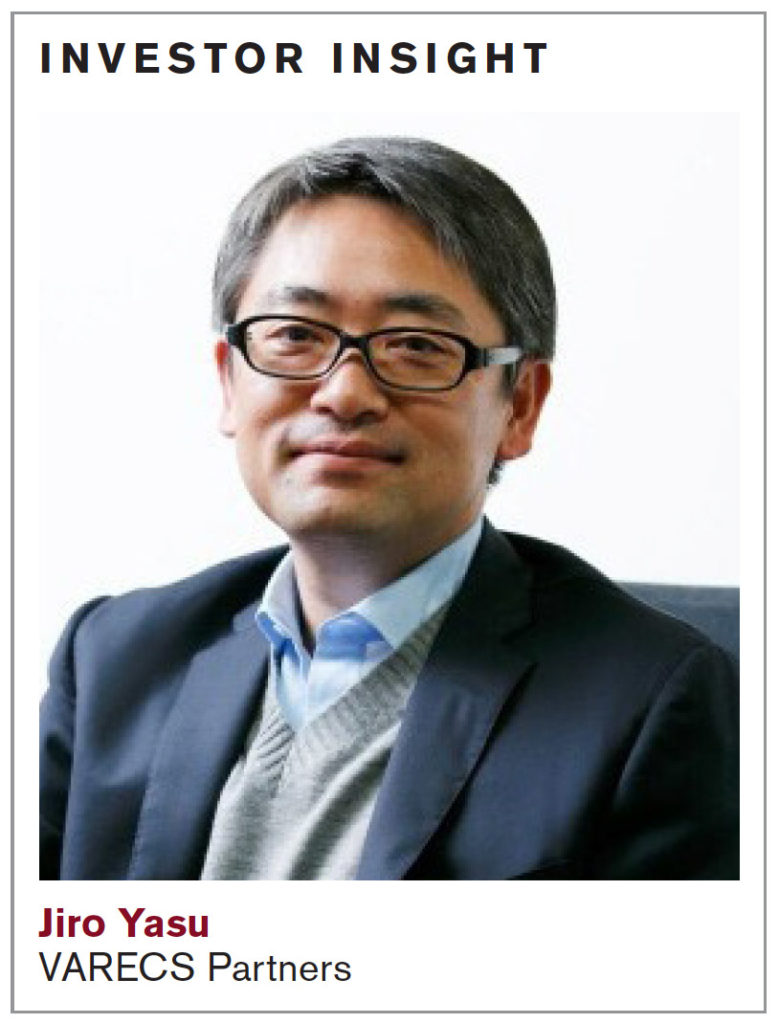 Value Investor INSIGHT
Value Investor INSIGHT